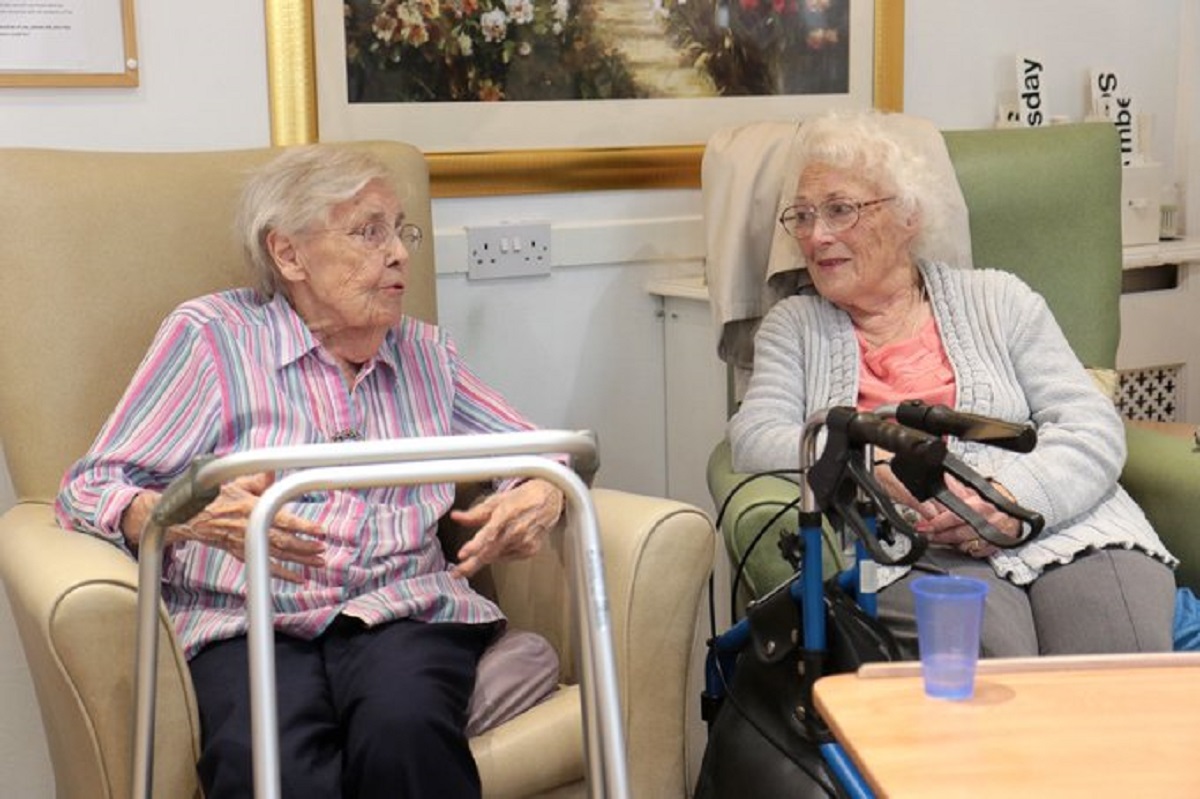Coronavirus can infected people from all ages, from baby, kids, young, young adult, even older. There is bigger risks if Coronavirus infected older. It’s because their immunity isn’t as strong as young people. Maybe they have some preexisting disease such as diabetes, coronary heart disease, and so on. Or they just have lacking immunity. Of the confirmed cases in China to date, nearly 15 percent of patients over 80 have died. For those under 50, the death rate was well below 1 percent. But medical experts say that if people over 60 are infected, they are more likely to have severe, life-threatening disease, even if their general health is good. Older people with underlying medical conditions are at particularly high risk. Experts attribute some of the risk to a weakening of the immune system with age.
“These conditions can limit underlying reserve and lead to worse outcomes when older people become severely ill, which taxes all organ systems,” said Dr. Annie Luetkemeyer, an infectious diseases specialist at Zuckerberg San Francisco General Hospital. “For example, diabetes can make it harder to fight infection, and underlying heart or lung disease may make it more difficult for those organs to keep up with demands created by a serious Covid-19 infection,” she said, referring to the syndrome caused by the new Coronavirus.
Coronavirus, how to protect older
First, wash your hands with soap and running warm water for 20 seconds frequently. If can’t find water, you can use alcohol-based hand gel to clean hand. After that, no handshakes, clean and disinfect objects that are touch frequently, stay away from large gathering and avoid using public transportation and crowds. You can decide to stock on supplies so you not have to go out every day.
Second, just this time, not visit the grandchildren or travel. Just stay at home. Dr. Daniel Winetsky, an infectious diseases fellow at Columbia University in New York, told his mother, Carol, who is 73 and has asthma, to stop meeting with her biweekly knitting group. And he instructed his father, Hank, who has had two coronary stents, not to attend either of his two book group meetings.
Third, if you have nonessential doctor’s appointments, you can use telemedicine sessions as a reasonable substitute. Dr. Eckstrom generally agrees, but with caveats. While it might be prudent to cancel wellness and other visits that are not urgent, she said, “many older adults have issues that require regular follow up, such as dementia, Parkinson’s disease, falls, heart problems.” She worries that skipping visits might allow these conditions to spiral out of control, but agrees that telemedicine can usually bridge the gap.
Another helpful step: talking to your doctor about stockpiling two or three months of any prescriptions. Fourth, if older lives in nursing home conundrum, Many have gone into full lockdown mode. The federal government is telling nursing homes to bar all visitors, making exceptions only “for compassionate care, such as end of life situations.” So you can use FaceTime to keep in touch with residents.
Fifth, even though you are in lockdown, keep exercise. Exercise may be beneficial in fighting the effects of Coronavirus. It can help boost the body’s immune functions, decrease inflammation and have mental and emotional benefits. Then don’t forget to maintaining good habits, including sufficient sleep and healthful eating.

